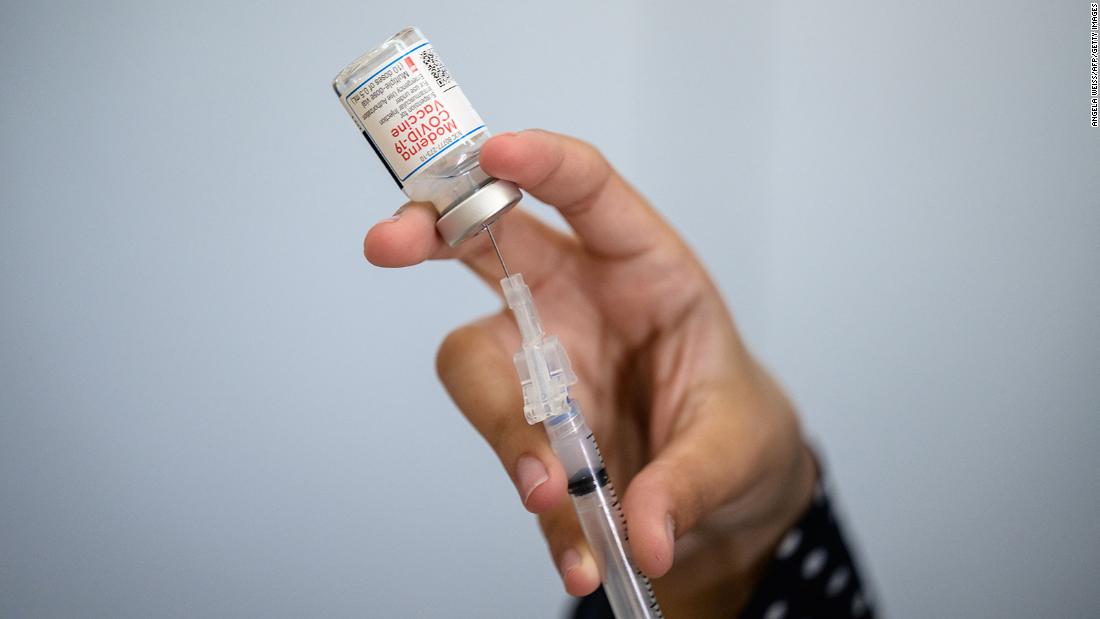You are here
Fri, 2021-05-07 10:35 — mike kraft
 Covid vaccines can take on new coronavirus variants, studies show A batch of new studies out Wednesday shows how Covid-19 vaccines can take on new variants of coronavirus. CNN
Covid vaccines can take on new coronavirus variants, studies show A batch of new studies out Wednesday shows how Covid-19 vaccines can take on new variants of coronavirus. CNN
 Covid vaccines can take on new coronavirus variants, studies show A batch of new studies out Wednesday shows how Covid-19 vaccines can take on new variants of coronavirus. CNN
Covid vaccines can take on new coronavirus variants, studies show A batch of new studies out Wednesday shows how Covid-19 vaccines can take on new variants of coronavirus. CNN (CNN) A batch of new studies published Wednesday show how well coronavirus vaccines work against worrying new variants -- and one indicates booster doses can help them work even better.
At least one of the studies also demonstrated that being fully vaccinated matters.
The first nationwide study of coronavirus vaccination, done in Israel, showed Pfizer/BioNtech's vaccine works far better after two doses.
Two shots of the vaccine provided greater than 95% protection from infection, severe illness and death, Dr. Eric Haas of the Israel Ministry of Health and colleagues reported in the Lancet medical journal.
"Two doses of BNT162b2 are highly effective across all age groups in preventing symptomatic and asymptomatic SARS-CoV-2 infections and COVID-19-related hospitalizations, severe disease, and death, including those caused by the B.1.1.7 SARS-CoV-2 variant," they wrote.
The B.1.1.7 variant, first seen in Britain, has spread widely and is now the most common new variant seen in the US. It was also common in Israel when the study was done. The B.1.351 variant, first seen in South Africa, was also circulating in Israel, but had not caused many infections at the time of the study, so the researchers were unable to say how well the vaccine worked against that variant in particular.
With its small population, Israel was able to quickly vaccinate much of its population.
The study found the Pfizer vaccine provided 95.3% protection against infection and 96.7% protection against death seven days after the second dose.
"By 14 days after vaccination, protections conferred by a second dose increased to 96.5% protection against infection, 98% against hospitalization, and 98.1% against death," the team wrote.
But people who got only one dose of the vaccine were far less protected. One dose alone gave just 57.7% protection against infection, 75.7% against hospitalization, and 77% against death.
Separately, a team in the Gulf state of Qatar looked at the efficacy of Pfizer's vaccine in the population there when B.1.351 and B.1.1.7 were both circulating.
They found reassuring results.
"The estimated effectiveness of the vaccine against any documented infection with the B.1.1.7 variant was 89.5% at 14 or more days after the second dose. The effectiveness against any documented infection with the B.1.351 variant was 75%," the researchers wrote in a letter to the New England Journal of Medicine.
Many of the new variants seen around the world have developed mutations that help them at least partly evade the human immune system, including the immune response elicited by vaccines. Health officials are worried the virus could change even more into forms that more strongly resist the effects of vaccines -- much as influenza does most years.
So manufacturers are already making and testing formulations against the most worrying of the variants. The design of the new mRNA vaccines made by Moderna and Pfizer make this easier than it would have been in the past. The genetic material used as the basis of the vaccines is made in a lab and the sequence is easily tweaked. ...
Country / Region Tags:
Problem, Solution, SitRep, or ?:
Groups this Group Post belongs to:



Recent Comments